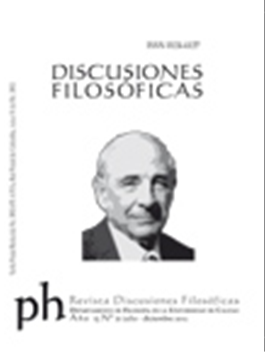Authors
Abstract
I argue that a new solution to the semantic paradoxes is possible based on truth-making. I show that with an appropriate understanding of what the ultimate truth and falsity makers of sentences are, it can be demonstrated that sentences like the liar are alethically undecidable. That means it cannot be said in principle whether such sentences are true, not true, false, not-false, neither true nor false, both true and false, and so on. I argue that this leads to a solution to the semantic paradoxes that appears to be free of revenge problems, allows us to maintain classical logic and the validity of the T-schema.
References
Barker, S. J. “Expressivism about Making and Truth-Making”. Schnieder, B. and F. Correia (eds.). Grounding and Explanation. Cambridge: Cambridge University Press, 2012. Print.
Barker, S. J. and M. Jago. “Being positive about negative facts”. Philosophy and Phenomenological Research. 117-138. Print.
Field, H. Saving truth from Paradox. Oxford: Oxford University Press, 2008. Print.
Goldstein, L. “A unified solution to some paradoxes”. Proceedings of the Aristotelian Society. Sep. 2004: 53-74. Print.
Kripke, S. “Outline of a theory of truth”. The Journal of Philosophy. Feb. 1975: 53-81. Print.
Maudlin, T. “Reducing revenge to discomfort”. J. C. Beale (ed.). Revenge of the Liar. Oxford: Oxford University Press, 2007. Print.
Priest, G. In Contradiction. Dordrecht: Martinus Nijhoff, 1987. Print.
Rodriguez-Pereyra, G. “Why Truthmakers”. Dodd, J. and H. Beebee (ed.). Truthmakers. Oxford: Oxford University Press, 2005. Print.

 PDF (Español)
PDF (Español)
 FLIP
FLIP
























